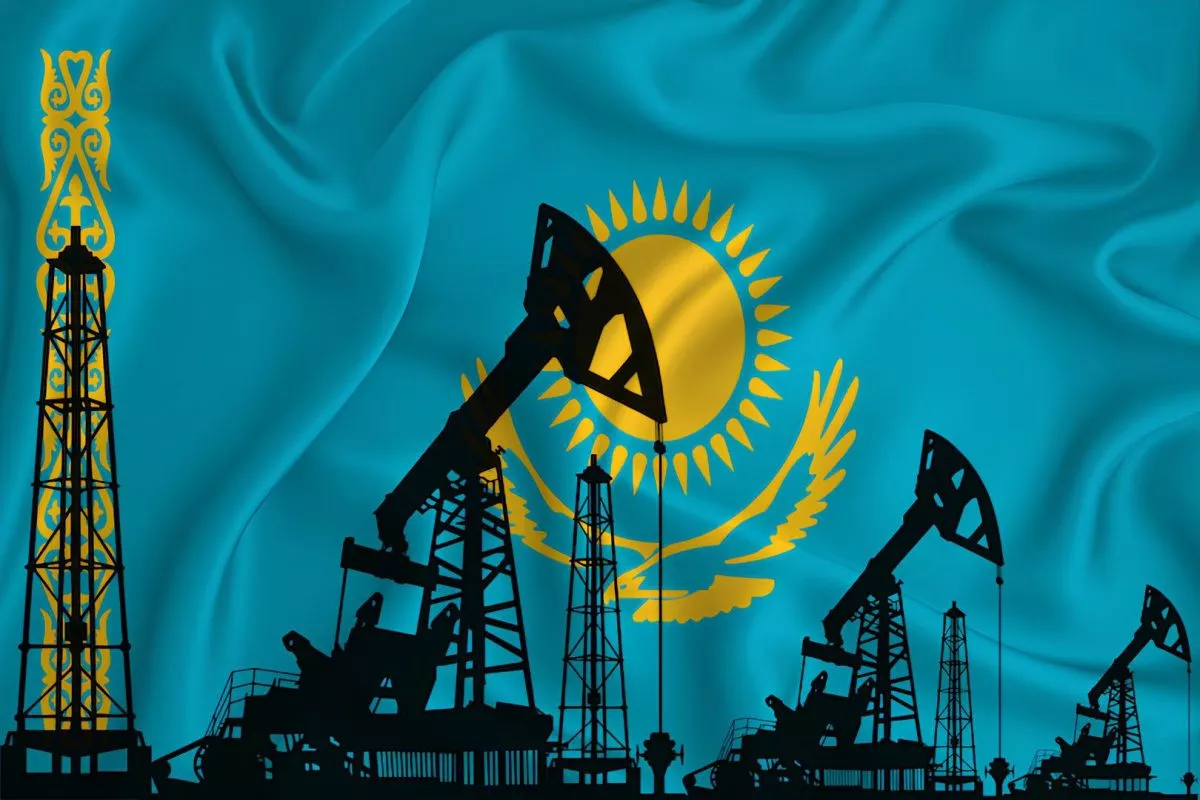
Kazakhstan is expected to achieve an annual oil production level of 100 million tons in the near future and maintain that output over the long term, according to Askat Khasenov, Chairman of the Board at KazMunayGas (KMG), the country’s national oil and gas company.
The Ministry of Energy initially forecast oil production at 96.2 million tons for 2025, later adjusting the estimate to 96 million tons, The Caspian Post reports, citing The Times of Central Asia.
In 2024, Kazakhstan produced 87 million tons of oil, with growth driven by the Tengiz expansion and the development of the Karachaganak and Kashagan projects in western Kazakhstan and the Caspian shelf.
In November 2024, the ministry announced plans to surpass 100 million tons annually starting in 2026. KMG believes this level can be maintained for the foreseeable future.
“The government officially plans to produce more than 100 million tons of oil per year, and I believe this plateau will last for a long time. New geological projects will allow us to maintain this level in the long term,” Khasenov said during Kazakhstan Energy Week 2025 in Astana.
“Our company is actively developing exploration under a strategy focused on the sustainable replenishment of the country’s mineral resource base. Currently, KMG’s portfolio includes 13 exploration projects, implemented both independently and in partnership with international companies such as Eni, Lukoil, CNOOC, Sinopec, and Tatneft. Our goal is to achieve an increase in reserves of up to 200 million tons of oil in the short term.”
Khasenov also noted that KMG is conducting geological studies in underexplored regions of Kazakhstan, with eight new projects already initiated. The overall potential of ongoing exploration is estimated at 800 million tons of oil equivalent. In parallel, the company is applying enhanced oil recovery techniques to sustain production at mature fields.
Another strategic priority for KMG is oil refining. The company aims to fully meet domestic demand for gasoline, diesel, and other fuels while expanding its petrochemical footprint to produce polymers and carbamide, boosting Kazakhstan’s non-resource exports.
Temirlan Urkumbaev, Director of the Department of Petrochemistry and Technical Regulation at the Ministry of Energy, emphasized that petrochemicals are becoming a cornerstone of economic diversification.
“Petrochemistry is not just about new sources of revenue. It brings new jobs, export income, and sustainable development. For Kazakhstan, the transition from a raw-material model to deep processing is a strategic necessity,” Urkumbaev said.
The ministry has developed a 2024-2030 Roadmap for the petrochemical industry, which includes six major projects worth approximately $15 billion and expected to create more than 19,000 jobs. Among these is a polyethylene plant with an annual capacity of 1.25 million tons, scheduled to begin operations in 2029. The facility will produce over 20 grades of polyethylene, including premium types, and is projected to account for around 1% of the global market. Other planned projects include the production of butadiene, carbamide, and alkylate.
In 2022, Kazakhstan launched one of the world’s largest polypropylene plants KPI Inc. with an annual capacity of 500,000 tons.
Share on social media